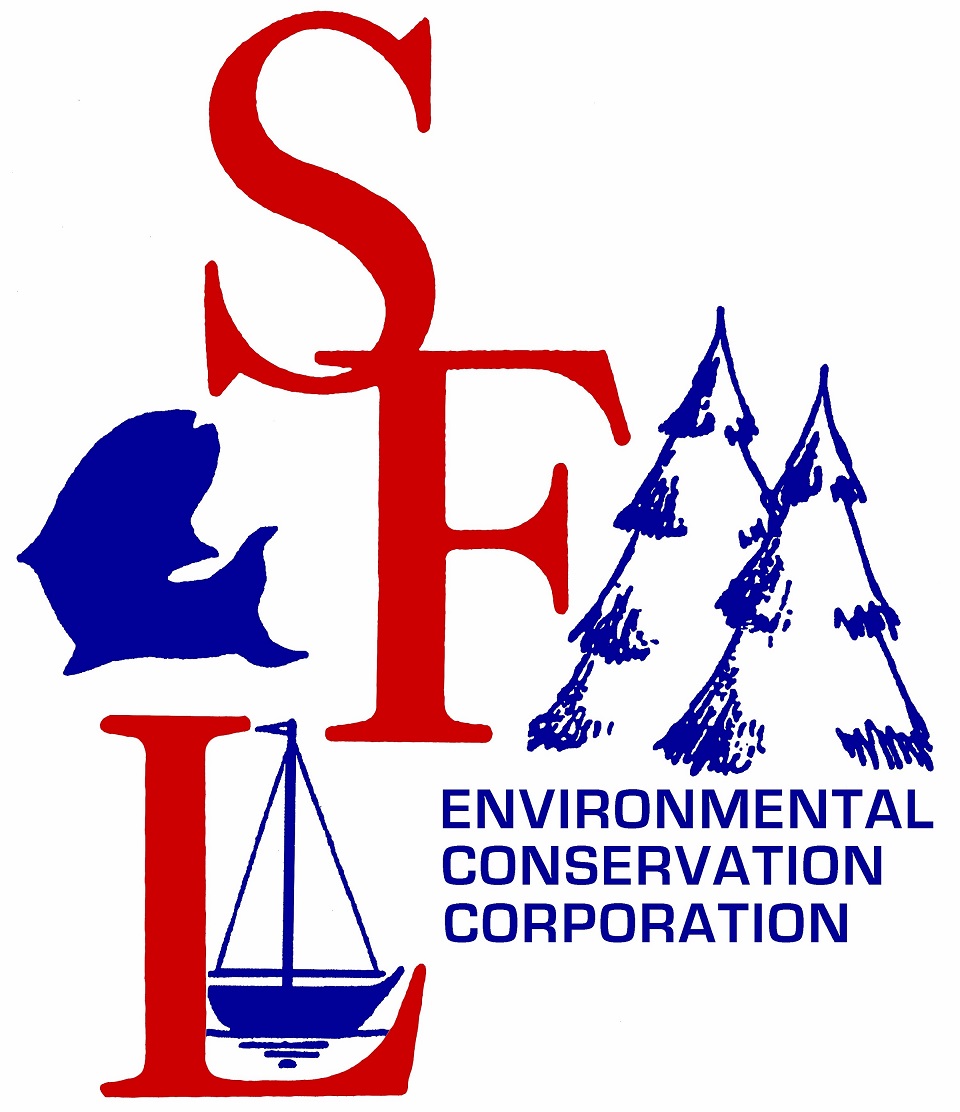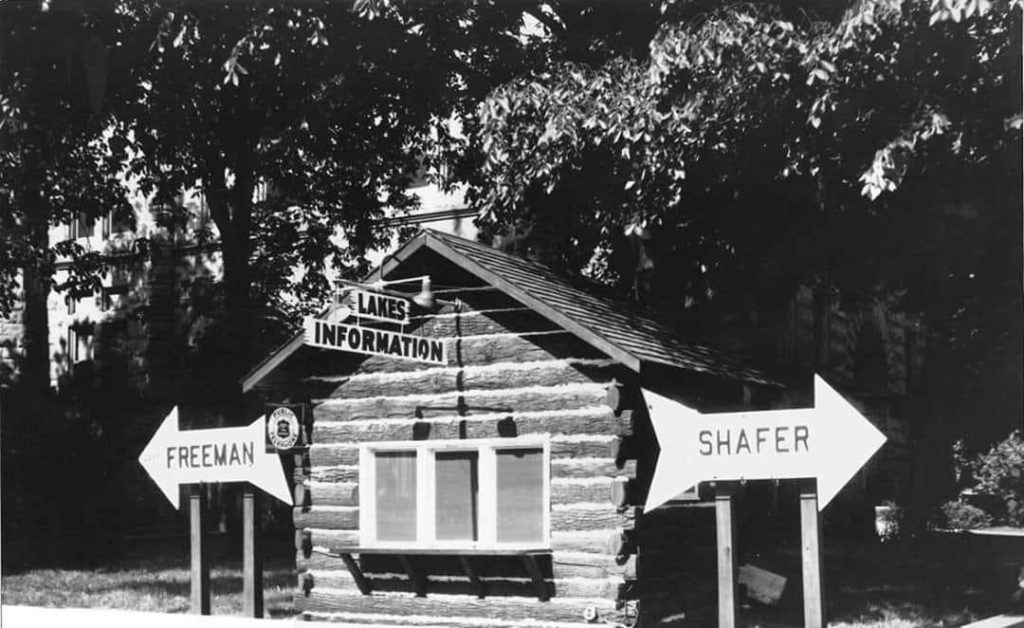“We are elated that the Federal Energy Regulatory Commission has decided to grant a rehearing on their June 21st order,” said SFLECC president Lee Kreul. “While we were deeply disappointed that FERC’s final decision was not in our favor, we rolled up our sleeves and went to work.” The SFLECC met with the staffs of U.S. Representative Todd Rokita, U.S. Senator Todd Young and U.S Senator Joe Donnelly and asked them to contact FERC on its behalf. “We are extremely thankful that our elected officials put pressure on FERC. Without the help of Rep. Rokita, Senators Young and Donnelly, we believe FERC would have let the deadline pass and ignored our request.” In his letter to the FERC commissioners, U.S. Representative Rokita called FERC’s final order “heavy-handed” and repeated the SFLECC’s concerns that FWS’ order “gravely harms the City of Monticello, the Lake Freeman community and imperils small businesses, property values, tourism, tax revenue and health and safety.”
FERC’s June 21st order permanently amended Northern Indiana Public Services Company’s (NIPSCO) license to open the gates at the Oakdale Dam during “abnormal low flow” events in order to siphon water from Lake Freeman onto the habitat of endangered mussel species found below Oakdale Dam. Despite FERC’s own staff “alternative recommendation” to the license that included NIPSCO’s cessation of power generation during low-flow events and for NIPSCO to “act to maintain” the lake level on Lake Freeman, in the final ruling, the commissioners stated that they were “constrained” by the Endangered Species Act. The final order gave a 30-day deadline for a request to rehear the decision. The SFLECC filed the request on July 21st, citing:
- U.S. Fish and Wildlife Service’s (FWS) own “biological opinion” declared that “the FERC Staff Alternative, as proposed, is “not likely to jeopardize the endangered species”, therefore, FERC should make the decision their own staff recommended.
- FERC erred by accepting the FWS’s self-proclaimed “best science”, despite contrary evidence presented by FERC and SFLECC’s expert hydrologists.
- The lowering of Lake Freeman caused harm to the environment, species and property values of lake residents.
The issue began during a drought in the summer of 2012, that resulted with the U.S. Fish and Wildlife Service issuing a Technical Assistance Letter (TAL) in 2014 that mandated NIPSCO, the owner of Oakdale-Norway Project, to open the gates and send 500 CFS water from Lake Freeman during “low flow events”. The FWS, citing the Endangered Species Act, mandated NIPSCO to temporarily violate its FERC issued operating license that required NIPSCO to keep the lake levels close to its “run-of-the-river” designation; guidelines that had been in effect for over 80 years.
Kreul admitted that the SFLECC is unclear what the rehearing will entail, but he added “we are still in this battle and using every means possible to fight for our lakes!”

